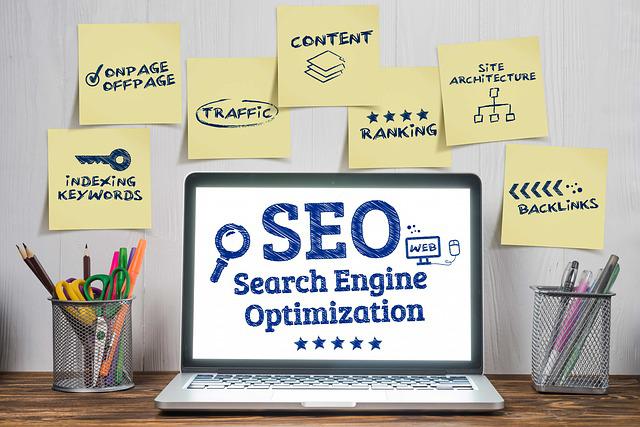
As a chemical processor, what you face, as a person, are a number of hurdles concerning the environment and, of course, cost-efficiency. On one hand, being an environmentalist as well, you are likely fervently inclined to protect the environment from the organic solvents and compounds, hoping that there is zero waste emitted into sweet nature. On the other hand, you would like to serve your company, demonstrating impeccable fealty by having the reducing of costs only be second to reducing the pollution. So, this brings us to choosing a vacuum pump designed for chemical and pharmaceutical processes.
In fact, by wishing to serve both purposes, you will want to pick out the best the market has to offer.
How to find the best
When embarking on this rather dangerous trek of finding the suitable and most reliable vacuum pump, a series of ideas must be kept in mind. Firstly, the most often used vacuum pumps in regard to chemical and pharmaceutical processing are a liquid ring, dry screw, and oil-lubricated rotary vane. These technologies vary from one another, with each holding a different feature from the other. When looking for Provac Sales vacuum pumps, you’ll notice that it also encourages the use of helium leak detectors, in the case that your vacuum uses helium. Most manufacturers have large inventories and have rebuilt ready-to-ship vacuum pumps in the United States, as they are able to customize a vacuum tailored to your requirements.
Liquid ring vacuum
This type of vacuum pump is considered to have an innumerable amount of advantages over its sister pumps. It houses a liquid inside one of the chambers which is released to keep the temperature from rising too much. This means it can operate at low temperatures. In return, the process greatly narrows the odds of an unwanted reaction or explosion. Another way this technology is made efficient is that by operating at low temperatures, it makes it easier for gases to go through the vital process of condensation, which in turn increases the pumping speed, making for a good and fast vacuum.
Advantages: It is extremely reliable; it boasts a compact design that makes it easy to move around; it is both stable and robust; it can undergo maintenance quite easily; although its design is simple, it is highly functional.
Dry screw vacuum
Considered to be a sort of young piece of technology, in contrast to the liquid ring vacuum, dry screw vacuum pumps do not require operating fluid to compress the gas. They generally operate at higher temperatures than the other vacuums. This means that the gas processes remain inside of the vacuum due to the fact that no condensation takes place. This eliminates the possibility of contamination. However, it may prove to be somewhat unsuitable when pumping explosive gases due to the high temperatures it may reach.
Advantages: Possessing the enviable trait of longevity, the dry screen vacuum makes for a reliable model; it consumes low amounts of energy which serves the purpose of being cost-efficient; it does no oil pollution or any sort of pollution to the environment as the gas absorbed becomes instantly discharged.
Oil-lubricated rotary vane vacuum
This type of pump provides untypical characteristics. They boast two compression stages, which are connected to each other. This basically means that they reduce the pressure effectively. Another characteristic they boast is the ability to allow limited amounts of operating fluid or oil into the compression chamber. By having the water cooling feature, temperatures are regulated within a defined range, making for a more reliable vacuum altogether.
Advantages: This model produces low noise levels; similar to the liquid ring model, it has high water vapor abilities; it is suitable for a number of industrial applications; it enjoys the characteristic of easy maintenance; the oil inside of it is used as a lubricant; it is very strong and durable resulting in lower expenses dedicated to it in the long run.
Factors that help determine
You have to consider the cost, reliability and vacuum level when determining the most suitable vacuum pump for you. Keep in mind the following concerns of today when choosing the best vacuum pump:
-
Accuracy of Vacuum Level
-
Expandability and Flexibility of Adding or Subtracting Capacity
-
Effluent Considerations
-
Energy Requirements and Methods of Reduction
-
Potential for Recycling

Ideally, since each situation is different from the other, what most companies do is that they customize a vacuum pump ideal for their conditions and requirements. The three most common types each have advantages and disadvantages that may weigh out the good depending on the situation. After all, what you will want is a vacuum that is safe and reliable.









